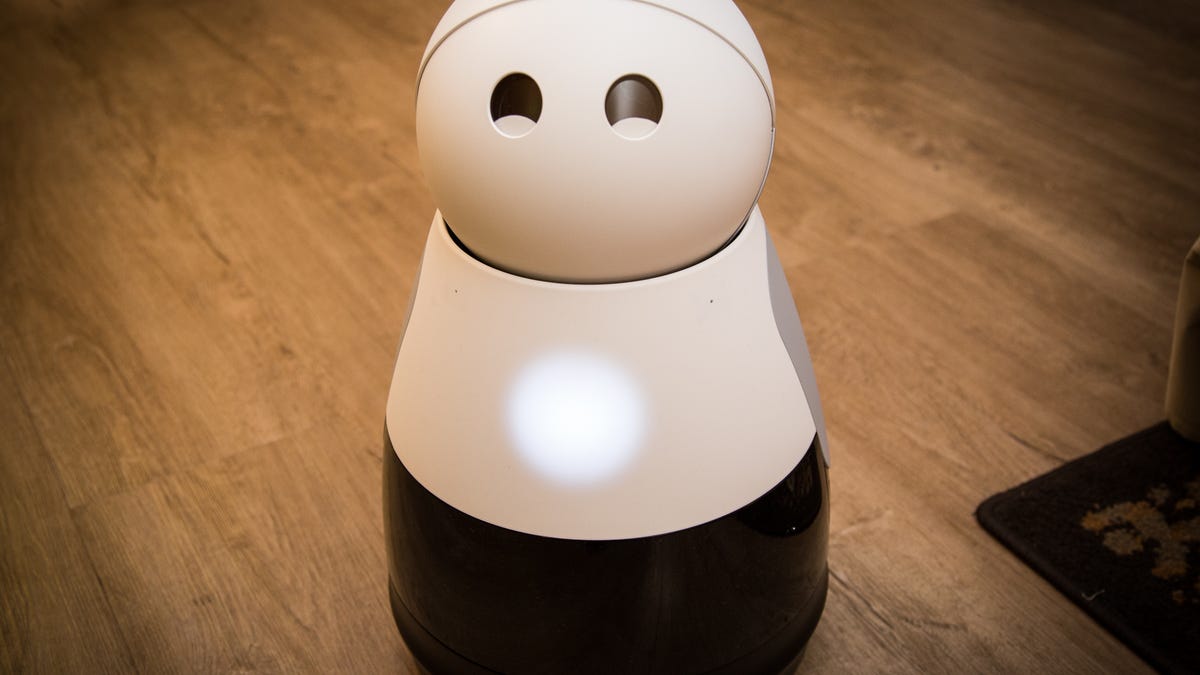Robots hurt US employment and wages, says new study
The National Bureau of Economic Research has examined the effects of robots on American jobs, and the results don't look good.

A new study from the National Bureau of Economic Research has found the adoption of robots in various US industries undercuts regional employment and wages.
The findings, released Tuesday, don't speak to the overall economic effect of robot adoption, such as the productivity gains they inevitably offer. But they do confront head on the conventional wisdom that many jobs displaced by robots will likely be supplanted by new work opportunities.
The researchers examined various industries between 1990 and 2007, controlling for regional market variables by looking at international markets at the same time. They estimate that each new robot per thousand workers reduces the employment-to-population ratio by up to a third of a percentage point and reduces wages by as much as half a percent.
The study has not been peer reviewed, but the findings and methodology are available in a 91-page report (PDF) on the NBER website.

